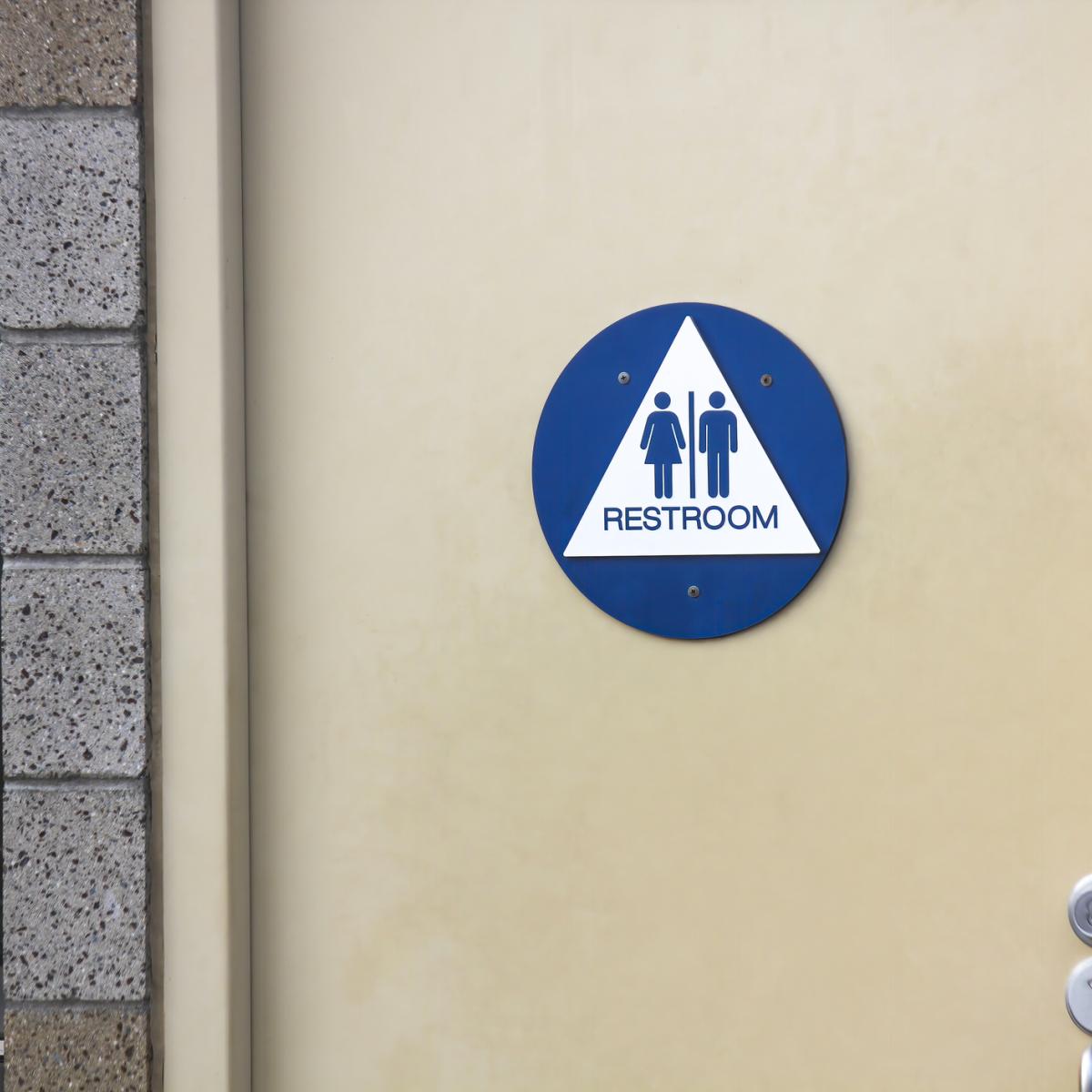
The Transgender Debate Should Be about Women’s Freedom and Private Property Rights
The hot topic in British politics is whether it is appropriate for transgender-identified males to go into women’s only spaces such as toilets, changing rooms, and prisons. With J.K. Rowling as their figurehead, there has been a rise of women voicing their concerns about their safety and comfort if biological males enter spaces intended for biological females.
Several gender-critical groups have used the Equality Act 2010 as a basis for excluding transgender-identified males from single-sex spaces. For example, The Women’s Rights Network welcomed the Equality and Human Right Commission’s guidance, which clarified that there “are circumstances where a lawfully established separate or single-sex service provider can exclude, modify or limit access to their service for trans people.”
However, the gender-critical argument based on human rights and progressive legislation is philosophically weak and will not last. Allowing the state to define what a “protected characteristic” is and who is allowed to discriminate will only protect women’s freedoms until the next general election. The leader of the opposition, Keir Starmer, has already given into the gender ideologues after refusing to answer questions such as “Can a woman have a penis?” or “Do only women have cervixes?” when confronted on the radio show LBC. The Labour Party seems to be dogmatic on the issue of transgender inclusion with the Labour MP, Rosie Duffield, receiving “obsessive harassment” after standing up for women’s spaces. In addition, influential LGBT (lesbian, gay, bisexual, and transgender) groups like Stonewall have been advocating for the Equality Act to make exemptions for transgender people in single-sex spaces. Extending the Equality Act to prohibit women’s only spaces to exclude biological men under the basis of “gender identity” will most likely be at the top of a Labour government’s legislative agenda. As the likelihood that the Conservatives will lose the next general election increases, the basis of women’s freedoms will probably go as well.
Instead of depending on the government’s subjectivity to protect women, gender-critical feminists should advocate for property rights as a bedrock of their campaign. Advocating for property rights means advocating for a person to be able to do as they wish with that property. Gender-critical feminists should use property rights as a basis for excluding biological men from women’s only spaces. Advocating for property rights would protect institutions that defend women’s spaces that would be punished by antidiscrimination laws. Giving businesses this autonomy would allow them to protect single-sex spaces by having the freedom to set the parameters of who’s allowed on their property.
When antidiscrimination laws are in place, businesses may have to sacrifice women’s safety for the sake of inclusivity. This can be seen in the Wi Spa controversy where a woman confronted the staff after seeing a transgender-identified male naked in front of women and girls. The staff responded that they had to comply with the law and not discriminate based on gender identity. The effect of progressive legislation that restricts a business’s freedom led to staff being unable to appropriately deal with indecent exposure due to fears of breaking the law.
The gender-critical argument in the UK is based on women wanting to be left alone. British liberalism persists in their opinion, which can be summarized as “you can do whatever you want to do; just don’t force it on me.” Many gender-critical feminists, such as J.K. Rowling, believe that transgender-identified individuals should be able to live their life as they see fit as long as it is not forced onto other people. Relying on the state to implement legislation to prohibit transgender-identified males from women’s spaces would not be seen as necessary if women can have their own spaces. Through prioritizing property rights, women would be able to choose whether they want to enter spaces that include or exclude transgender-identified individuals, resulting in everyone feeling safer.
Too many social issues advocate for government, instead of individual, action to advance their causes even when it might come back to bite them under future governments. To achieve their aims, gender-critical feminists should fight for less government power instead of relying on the government to protect them. The transgender debate should be left to society because when you ask the average person “should biological men be allowed in women’s toilets,” they would say no. Instead, if we leave it up to a politician who faces the pressure of various militant pressure groups like Stonewall or Mermaids, they might likely give a different answer.



